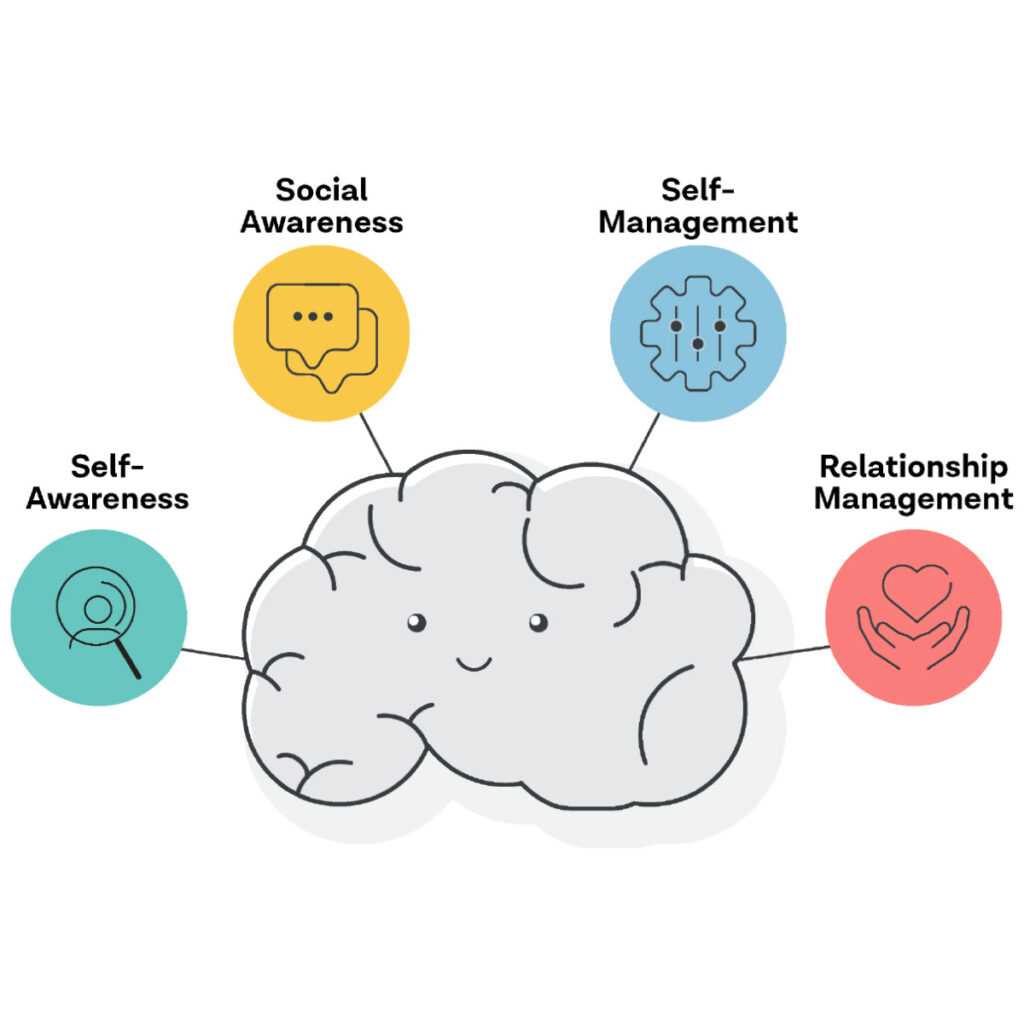What is Alzheimer’s Disease?
Alzheimer’s disease is an irreversible, progressive brain disorder that slowly destroys memory and thinking skills and, eventually, the ability to carry out the simplest tasks. Although treatment can help manage symptoms, there is currently no cure for this devastating disease.
Five medications have been approved by the FDA to treat Alzheimer’s disease. Donepezil (Aricept), and rivastigmine (Exelon) are approved for all stages of the disease, and galantamine (Razadyne) is approved for mild to moderate Alzheimer’s disease. Mematine (Nameda) and mematine/donepezil (Namzaric) are approved for moderate to severe Alzheimer’s disease.

What is at Risk?
Although Alzheimer’s disease is not a normal part of aging, risk of developing the illness increases with advanced age. Research shows the percentage of people with Alzheimer’s doubles for each five-year span beyond age 65.
However, just because it is more common in older adults doesn’t mean it affects them exclusively. Sometimes, the disease affects people as young as their 30s and 40s. Cases of early-onset Alzheimer’s disease account for up to 5% of the estimated 5 million Americans living with the disease.
How Can a Daily Routine Help?
A person with Alzheimer’s disease will eventually need a caregiver’s assistance to perform simple activities like eating, dressing, basic hygiene, and more. If you are a caregiver, one of the best things you can do is to establish a daily routine in which these activities are performed at the same time in the same order each day.
Since people suffering from memory loss thrive on familiarity, a daily routine can provide a sense of comfort and control. A predictable routine can also prevent a person suffering from Alzheimer’s disease from becoming distracted and forgetting what they were doing.
Over time, as the routine becomes habit, it may even be transferred into the long-term memory portion of the person’s brain. It will also help your loved one remain active and maintain everyday skills as long as possible.
How Can Therapeutic Activities Help?
Structured, pleasant activities can reduce agitation and improve mood in those suffering from Alzheimer’s disease. Consistency in these activities should be a key component. However, don’t be afraid to explore, experiment, and adjust your loved one’s schedule as his or her needs change.
When brainstorming what activities to include, consider your loved ones likes, dislikes, strengths, abilities, and interests. The more your loved one’s schedule reflects his or her life before Alzheimer’s disease, the better.





